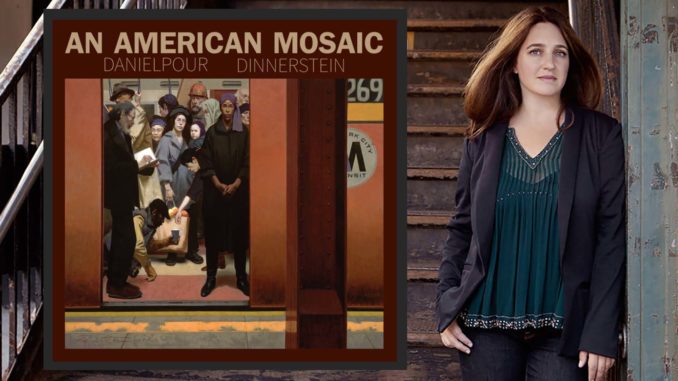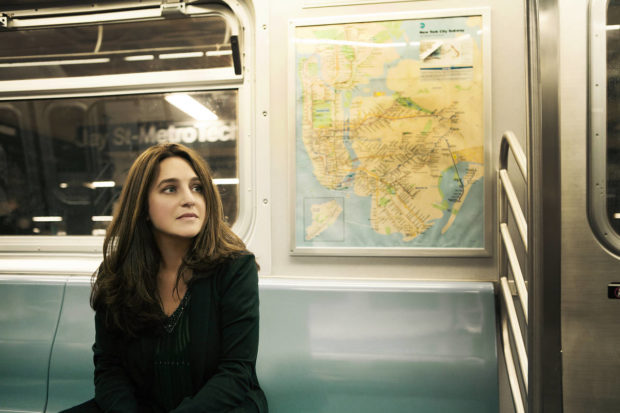

Review Fix chats with pianist Simone Dinnerstein who discusses her recent Grammy nomination, creative process and so much more!
Review Fix: First, congrats on your Grammy nod. Where were you when you got the news and how did it make you feel?
Simone Dinnerstein: I did not expect a Grammy nomination. I took a break from practicing the morning of the announcements and decided to watch the nomination live on Youtube. The Italian rock band Maneskin was reading them out. They had really strong accents so when I first thought I heard my name I assumed I was mistaken, and when I worked out they really had said my name, I still didn’t believe it.
Review Fix: How do you celebrate a Grammy nod personally?
Dinnerstein: My good friend, Robin Quivers, sent the most beautiful bottle of champagne to me and my husband and another one to my parents and the five of us had a virtual toast over Zoom!
Review Fix: Your mission is an important one- spreading classical music to the masses. So tell me, why does classical music matter?
Dinnerstein: I think it’s important to not be too precious about classical music. Simply put, it’s a really beautiful repertoire which it would be a shame to lose. There’s a wonderful body of work already existing and new pieces being written all the time. That said, it can be a little hard to access, so we need to keep it a part of our daily sound world.
All music is contemporary in the sense that it’s being played now. Beethoven, the Beatles and Maneskin exist in the same moment. Classical music did itself no favors by burrowing into its own traditions rather than constantly rediscovering its vitality. I’d far sooner hear Emerson Lake and Palmer play Bach to a vast stadium than sit through a conventionally respectful, good-taste account.
Review Fix: What can classical music do now that other genres can’t?
Dinnerstein: Within the classical genre there are some real masterpieces and I don’t think we get so many musical masterpieces that we can just squander them. I’m not saying that other genres don’t have masterpieces too. I’m glad that we live in a world with Joni Mitchell’s album Blue and Coleman Hawkins’ album Soul, to pick two non-classical examples of masterpieces. But what we think of as classical music spans four hundred years and there is a lot of great music in there. When we lose it, we’ll really have lost something.
Review Fix: What have you learned from An American Mosaic?
Dinnerstein: The same thing I learned from the pandemic. Always get out of your rut! I didn’t know composer Richard Danielpour other than by his reputation, but learning his musical language has enriched me. Great work should change you.
Review Fix: How will it influence your future work?
Dinnerstein: An American Mosaic was part of my pandemic experience. Concerts were cancelled and I was left alone in my practice studio trying to work out what to do next. I discovered new things and I hope I go on doing that.
Review Fix: What are your goals for 2022 in music?
Dinnerstein: This past fall I put together a piece of devised theater and premiered it at Peak Performances in Montclair New Jersey. It combines the work of a lighting designer, a video artist and uses a painting of my father’s and Charles Ives Concord Sonata – a wild, sometimes cacophonous, utterly unexpected work which I think people would love if given a chance. It’s a big production, and my goal is to find other venues to take it on.
Review Fix: What’s next?
Dinnerstein: I have an upcoming concert that I’m very excited for. I’ll be playing Penelope, a recent piece by Tom Stoppard and Andre Previn with Uma Thurman, Renee Fleming and the Emerson Quartet at Carnegie Hall. I can’t wait!


Leave a Reply